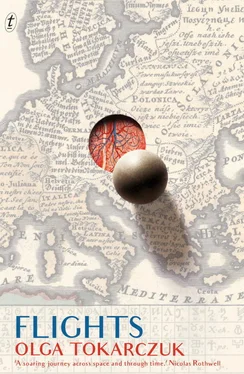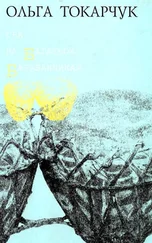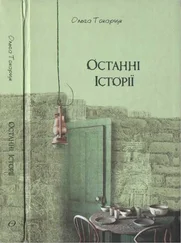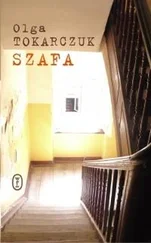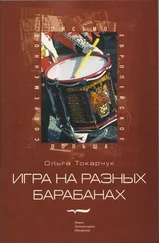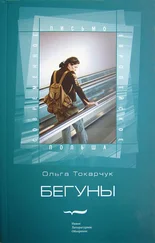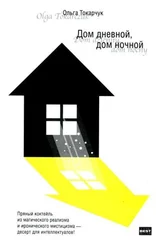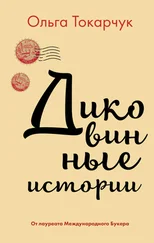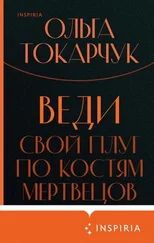Down below, in one of those dark spots, another man is just walking out of his wooden home and raising his eyes to the sky, checking the weather for tomorrow.
If we were to pull a hypothetical straight line out of the centre of the earth, it might turn out that for a fraction of a second both of these people found themselves on that radius. Perhaps for just a second their gazes fell on it together, this beam perhaps linking their eyes.
For a brief moment these men were vertical neighbours; what is, after all, eleven thousand metres? Barely more than ten kilometres. That’s a lot less than the nearest settlement for that man on earth. It’s less than the distance dividing the neighbourhoods of a big city.
Driving, I pass billboards that announce in black and white, in English, ‘Jesus loves even you’. I feel uplifted by the unexpected encouragement; I’m only slightly alarmed by that ‘even’.
After several hours of walking along the steep banks of the ocean among the sharp leaves of yuccas, in the blotches of shade we go down onto the rocky coast. There is a small shelter there with a fresh water intake. In this great wilderness stands a roof atop three walls. Inside it are benches to sit and sleep on. On one of them – strangely – lies a notebook in a black plastic cover and a yellow Bic pen. It’s a guestbook. I throw down my backpack and maps and read it greedily, from the beginning. Columns, styles of handwriting, foreign words, the laconic basics of all those who by some twist of inscrutable fate have found themselves here before me. Number, date, first and last name, the Three Pilgrim’s Questions: country of origin, last place visited, place of destination. It turns out I am the hundred and fifty-sixth to come here. Before me were Norwegians, Irish, Americans, two Koreans, Australians, Germans, but there are Swiss people here, too, and even – would you look at that – Slovakians. Then my gaze stops at one name: Szymon Polakowski, Świebodzin, Poland. I gaze hypnotized at that unhurried entry. I say the name out loud: Świebodzin, and from then on I have the impression that over the ocean, yuccas and steep path someone has placed a milky film. That funny difficult name, against which the undisciplined tongue rebels, that soft perverse ‘ś’ that immediately brings a vague sensation, something like cold oilcloth spread over the kitchen table, a basket of freshly plucked tomatoes from the country garden, the smell of the fumes from the gas stove. It all combines to make Świebodzin the only real thing. There’s nothing else. The rest of the day hangs over the ocean – a great fata morgana. And although I’ve never been in that small town, I see somewhat indistinctly its streets, bus stops, butcher shops, church tower. At night I am overwhelmed by a wave of nostalgia, unpleasant, like a contraction of the intestines, and half-asleep I see a stranger’s lips flawlessly arranging themselves in that astonishing ‘św’.
Summer’s closed its door to Kunicki. Slammed its door. He is just settling in now, switching his sandals for slippers, his shorts for long trousers, sharpening the pencils on his desk, putting receipts in order. The past has ceased to exist, becoming just life’s scraps – no sense in regrets now. So what he feels must be a phantom pain, unreal, the pain of every incomplete, jagged form that by its nature longs for wholeness. There is no other explanation.
Lately he can’t sleep. Or rather – he falls asleep in the evenings, is exhausted to dropping, but he wakes up around three or four in the morning, as he did years ago, after the flood. But back then he knew where the insomnia was coming from – he’d been terrified of the disaster. Now it’s different. There is no catastrophe. And yet a kind of hole has opened up, a rupture. Kunicki knows that words would mend it; if he were to find the appropriate quantity of sensible, correct words to explain what had happened, the hole could be patched up, there wouldn’t be a trace of it, and he would sleep till eight. Sometimes, rarely, he thinks he hears a voice, one or two words, piercing, resounding. Words ripped from both the sleepless night and the frenetic day. Something sparking off between his neurons, unidentifiable impulses that leap from place to place. Is this not exactly how thought happens?
The phantoms are fully assembled now, standing at the gates of reason, factory-made. They’re not really scary, it’s no biblical deluge, they include no Dantean scenes. Just the terrible inevitability of water, its omnipresence. The walls of his apartment soak it up. Kunicki checks the sick soggy plaster with his finger, the wet paint leaving a mark on his skin. The stains on the walls make maps of countries he can’t recognize, he can’t name. Drops seep through the window frames, wash away the carpet. You hammer a nail through the wall, and a little streamlet springs out; you open a drawer and water burbles out of it. You raise a stone and I will be there, murmurs the water. Whole rivulets pour onto computer keyboards, the screen splutters out underwater. Kunicki runs out in front of his apartment building and sees the sandpits and flowerbeds have disappeared, the low hedges ceased to exist. He goes with water up to his ankles to the car, he’ll try to drive it out of their neighbourhood and onto higher ground, but he won’t make it now. It turns out they are surrounded, in a trap.
Just be glad it all turned out okay, he tells himself, getting up in the dark to go to the bathroom. Of course I’m glad, he answers himself. But he isn’t glad. He lies back down on the warmed-up sheets and stays there with his eyes open till morning. His legs are unsettled, they keep heading off somewhere, taking a pretend walk of their own accord under the folds of the blanket, itching from within. Sometimes he dozes off for a little bit, and then his own snoring wakes him up. He lies there and sees it getting lighter and lighter out the window, listens to the rubbish collectors start to raise their ruckus, the first buses, trams set forth from the depot. In the morning the lift starts up, you can hear its despairing squeaks, the squeaks of a creature caught in two-dimensional space, up and down, never diagonally or sideways. The world moves forward, with that irreparable hole in it, crippled. It limps.
Kunicki limps along with it to the bathroom, then he drinks his coffee standing up, at the kitchen counter. He awakens his wife. She sleepily, wordlessly, vanishes into the bathroom.
He has found one advantage to not sleeping – he can hear what she says in her sleep. In this way the greatest mysteries give themselves away. They escape like wisps of smoke, of their own accord, and immediately vanish, you have to catch them right there at the lips. So he lies there, thinking, and eavesdrops. She sleeps quietly, on her stomach, you almost can’t hear her even breathing. Sometimes she sighs, but there aren’t any words in her sighing. When she turns over from one side to the other, her hand seeks out another body, on its own, tries to hold it, her leg travels over his hip. Then for a moment he stiffens, because what the hell would that mean? Then he realizes that it’s a mechanical movement, and he lets her get away with it.
It is as though nothing has changed, except that her hair has got brighter in the sun, and a couple of freckles came out on her nose. But when he touched her, when he slid his hand over her naked back, he thought he figured something out. He doesn’t even know himself. That skin puts up resistance now, it’s harder, more inert, like tarpaulin.
He can’t permit himself any further searching, he’s afraid, he draws back his hand. Half-asleep he imagines that his hand encounters some sort of foreign territory, something he’d overlooked for seven years of their marriage, something shameful, some defect, a strip of hairy skin, a fish scale, some bird down, an unusual structure, an anomaly.
Читать дальше
